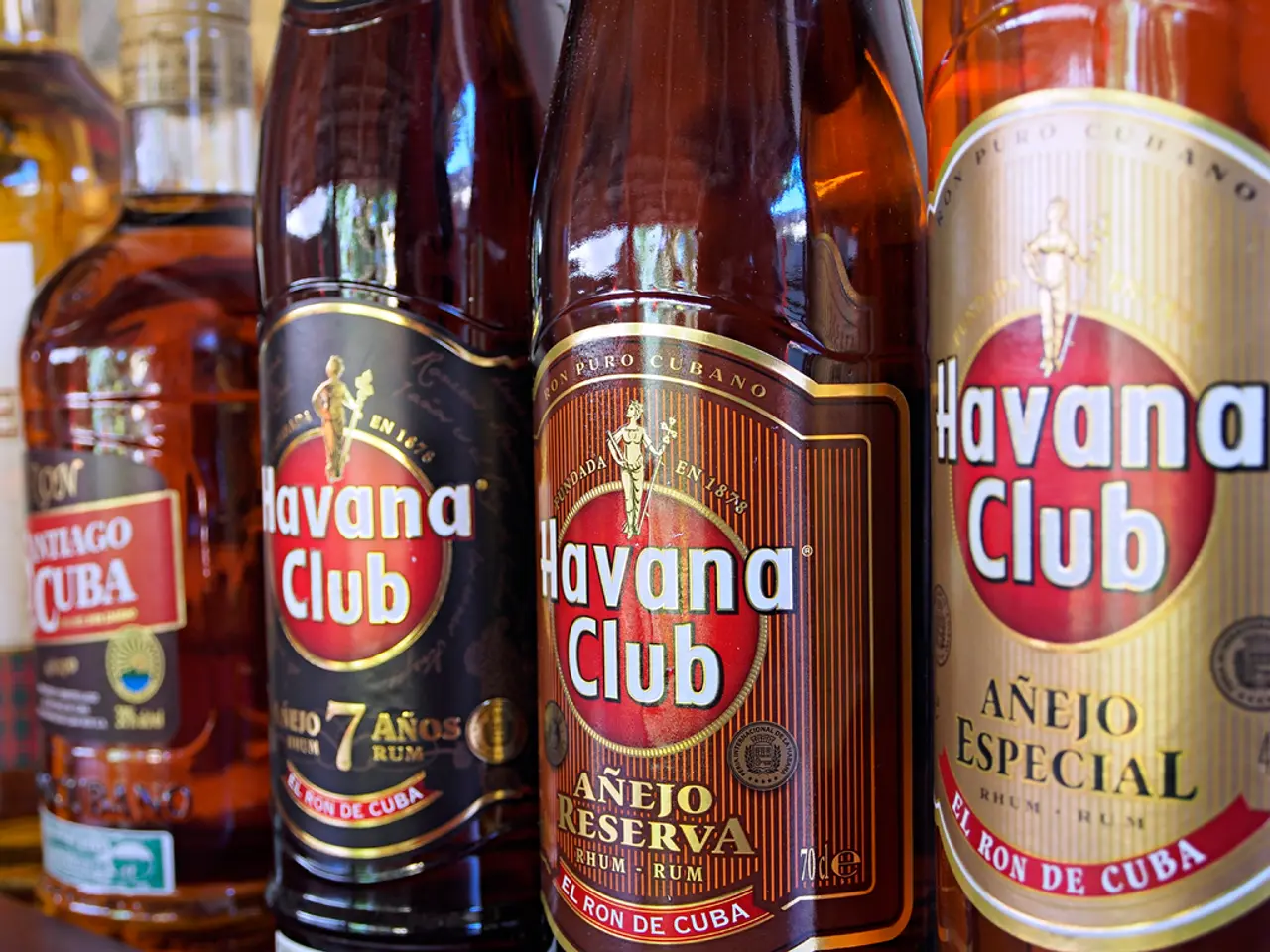The possible origin of our desire for alcohol could be traced back to our simian ancestors' practice of 'Scrumping'
In a groundbreaking interdisciplinary study, researchers from Dartmouth College and the University of St Andrews have shed light on the deep origins of human social behaviours linked with alcohol consumption. The study, published in 2025, focuses on a behaviour in African apes called "scrumping," which refers to their consumption of ripe, potentially fermented fruit found on the forest floor.
The researchers discovered that scrumping is a behaviour that intersects with social behaviour among apes. African great apes, such as chimpanzees, engage in scrumping regularly, whereas orangutans display this behaviour scarcely, if at all. This suggests that the consumption of fermented fruits and the genetic adaptations enabling safe ethanol metabolism may have emerged uniquely within the evolutionary lineage leading to African apes and humans.
The study indicates that the consumption of fermented fruits occurs with varying frequency among orangutans and great apes, hinting at differences in dietary habits or exposure to naturally fermented food sources. This variation could have significant implications for understanding the evolutionary pressures that shaped these species' diets and social behaviours.
One key finding of the study is the critical role of the enzyme alcohol dehydrogenase 4 (ADH4) in breaking down ethanol. A single amino acid substitution in the last common ancestor shared by humans and African apes enhanced the efficiency of alcohol-metabolizing enzymes by 40-fold. This genetic adaptation could have conferred significant survival advantages, such as avoiding competition with smaller primates for unripe canopy fruits and reducing the hazard of tree climbing.
The relationship between alcohol and humans is not just about consumption, but also about social bonding and cohesion. The capacity to metabolize alcohol may have been a crucial factor enabling early humans to exploit novel ecological niches, such as gathering around fires and engaging in communal activities. Understanding how low-level ethanol exposure shaped metabolic and social adaptations offers insights relevant to modern health sciences.
The biochemical tools necessary for processing alcohol were in place long before the Neolithic Revolution, primed by a primate legacy of scrumping. This research enriches our understanding of the deep origins of human social behaviours linked with alcohol consumption, and it underscores the importance of interdisciplinary collaboration in uncovering the mysteries of our evolutionary past.
The Neolithic Revolution included the domestication of fermentable crops and the manufacture of alcoholic beverages, an innovation that propelled social and cultural transformations. As we continue to explore the intricacies of our evolutionary history, it is clear that the study of scrumping in African apes will remain a vital piece of the puzzle.








